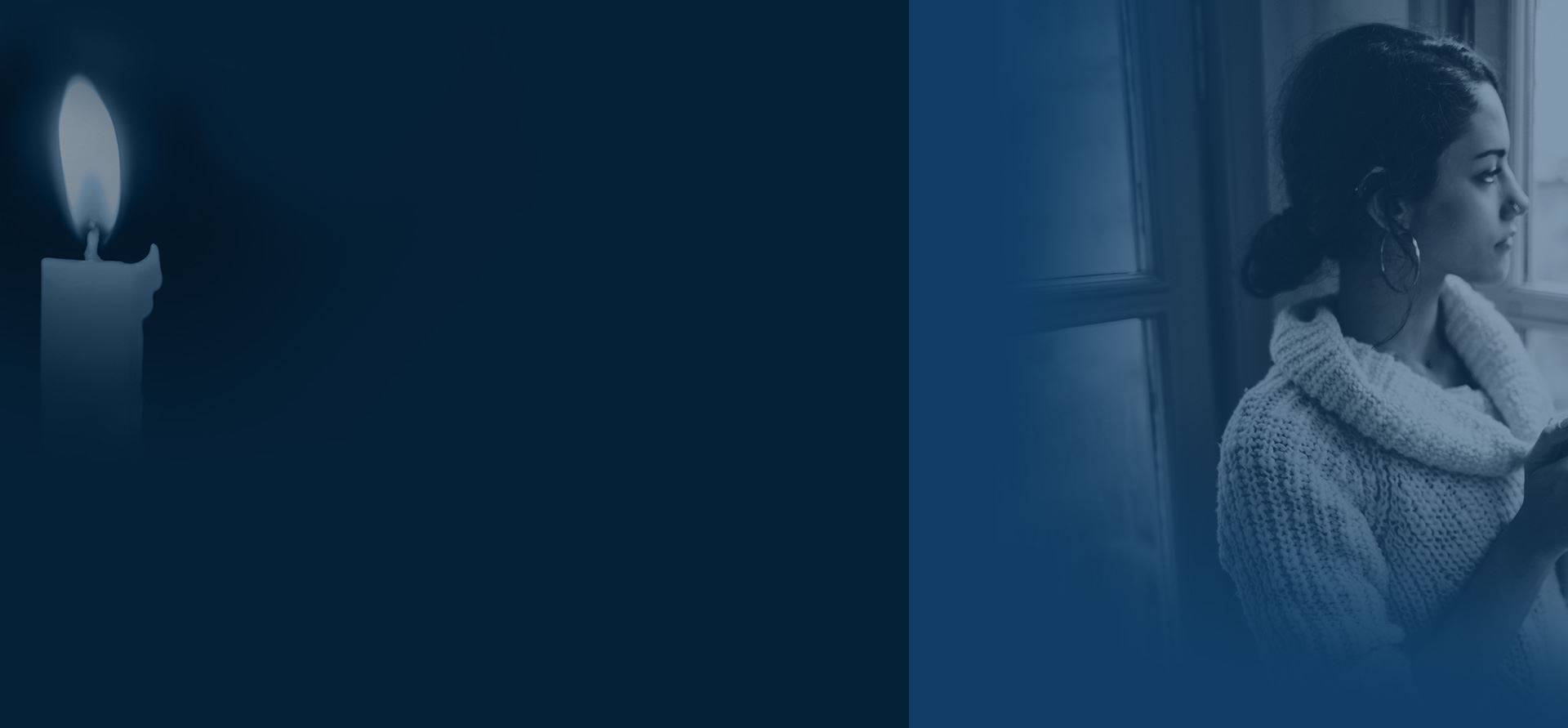What Is Child Sex Abuse?
Child sex abuse can take many forms, and occur in many different settings.
It may involve no physical contact at all, such as indecent exposure or
exposure to pornography, or may involve nearly any type of unlawful contact,
including inappropriate touching, molestation, sexual assault, and rape.
Whether abuse involved a single isolated incident or occurred multiple
times, victims have the right to seek justice, hold wrongdoers accountable,
and seek compensation from individuals and entities in positions of power
that failed to properly handle allegations and keep victims safe, or took
steps to willfully shield and conceal the accused.
The Zalkin Law Firm handles all types of cases involving child sexual abuse,
including, among others:
Common Signs of Child Sex Abuse
Child sexual abuse is a sensitive and serious issue that can have profound
and lasting effects on a child's physical and emotional well-being. Recognizing
the signs of child sexual abuse is crucial in order to protect the child
and provide them with the support and help they need. It's important to
remember that these signs can vary widely from one child to another, and
not all abused children will exhibit the same behaviors.
However, common signs of child sexual abuse can include:
Behavioral Changes
-
Sudden and significant changes in behavior, such as withdrawal, aggression,
mood swings, or regression to earlier developmental stages.
-
Unusual fear or discomfort around a specific person, especially an adult.
-
Sleep disturbances, nightmares, or night terrors.
Sexual Knowledge & Behavior
-
Age-inappropriate knowledge of sexual acts or explicit language.
-
Engaging in sexual play with toys, peers, or younger children that is beyond
their developmental stage.
-
Demonstrating sexual behaviors or precocious sexual interest.
Emotional Signs
-
Sudden and unexplained mood swings or emotional instability.
-
Depression, anxiety, self-harm, or suicidal thoughts.
-
Emotional numbness or dissociation.
Changes in Relationships
-
Difficulty forming or maintaining relationships, particularly with adults.
-
Avoidance of physical contact, such as hugging or being touched, even by
trusted individuals.
Regression
Aggressive or Self-Destructive Behavior
-
Displaying aggression towards themselves or others.
-
Engaging in self-harming behaviors, like cutting or burning.
Changes in Academic Performance
Physical Symptoms
-
Unexplained pain, bleeding, or discomfort in the genital or anal areas.
-
Frequent urinary tract infections or sexually transmitted infections.
Fear or Avoidance of Certain Places or Activities
Eating Disturbances
It's important to note that while these signs can indicate child sexual
abuse, they can also be associated with other issues or challenges a child
may face. If you suspect a child may be a victim of sexual abuse, it is
crucial to approach the situation with sensitivity and caution. Contacting
the appropriate authorities and professionals, such as child protective
services or law enforcement, is essential for ensuring the child's safety
and well-being. Additionally, supportive and therapeutic resources should
be made available to help the child and their family cope with the trauma.
What Are the Long-Term Consequences for Victims of Childhood Sex Abuse?
The consequences of childhood sexual abuse are wide-ranging.
Health & Behavioral Problems
Surviving such abuse brings an increased risk of health and behavioral
problems.
Research conducted by the Kaiser Permanente Medical Care Program in conjunctions with the
Centers for Disease Control has proven that children who are exposed to
adverse childhood experiences, such as sexual abuse, have an increased
risk of developing adverse health issues later in life, including the
onset of cancer in adult years.
Survivors of childhood sexual abuse report more symptoms of Post Traumatic
Stress Disorder than those who have not been abused and are more likely
to experience major depressive disorder as adults. Many different forms
of addiction can also accompany the survival of childhood sexual abuse.
Challenges in Adulthood & Finanical Difficulties
Survivors of childhood sexual abuse frequently have difficulty in the transition
to adulthood, are more likely to suffer financial failure, and are at
risk to fail in other areas of life due to problem behaviors and outcomes
of the trauma. They often develop meaningful problems in dealing with
authority figures.
Extended Consequences to Friends & Family
The effects of childhood sexual abuse extend beyond individual problems
as well. The health and behavioral problems faced by survivors have negative
consequences within the family and workplace. This downstream effect of
the abuse leads to emotional, physical, and financial losses to third-parties
involved in the survivor’s life, years, and decades after the abuse.
Often public health programs, including Medicaid, the last level of resort
in the social safety net, are accessed by the survivor as they struggle
in adult life to respond to the impact of what was done to them as children.
What are the Time Limits for Filing a Lawsuit for Childhood Sexual Abuse?
The time limits for filing a childhood sexual abuse lawsuit vary by state
and are known as statutes of limitations. Many jurisdictions have extended
or eliminated these time limits for cases involving childhood sexual abuse,
recognizing that survivors may need time to process their experiences
before coming forward. In some states, the clock may start when the survivor
reaches a certain age or when they realize the abuse's impact on their
life. It's crucial for survivors to consult with a qualified attorney
to understand the specific laws in their state and determine their options.
Who Can be Held Liable in a Childhood Sexual Abuse Lawsuit?
In a childhood sexual abuse lawsuit, liability can extend beyond the abuser
to include individuals or entities that may have had a duty to protect
the child. This can include parents, guardians, teachers, coaches, religious
leaders, or organizations such as schools and churches. If these parties
were negligent in preventing the abuse or failed to take appropriate action
upon learning of it, they may be held accountable. Additionally, organizations
that foster environments where abuse can occur, or that inadequately investigate
or respond to allegations, can also face liability in civil suits.
What Kind of Compensation Can Survivors Receive?
Survivors of childhood sexual abuse may be entitled to various forms of
compensation through a civil lawsuit. This can include damages for medical
expenses, psychological counseling, lost wages, pain and suffering, and
emotional distress. In some cases, punitive damages may be awarded to
punish the perpetrator and deter similar conduct in the future. The amount
of compensation awarded depends on the specific circumstances of the case,
the severity of the abuse, and the lasting impact on the survivor's life.
Each case is unique, and a knowledgeable attorney can help survivors assess
their potential compensation.
What Should a Survivor Do If They Want to Pursue Legal Action?
If a survivor of childhood sexual abuse is considering legal action, the
first step is to seek legal counsel from an attorney experienced in handling
such cases. An attorney can provide guidance on the legal process, help
gather evidence, and determine the best course of action based on the
specifics of the case. It's also important for survivors to prioritize
their mental and emotional well-being during this time. Many survivors
find it beneficial to seek support from therapists or support groups,
which can aid in the healing process and provide a safe space to discuss
their experiences.








